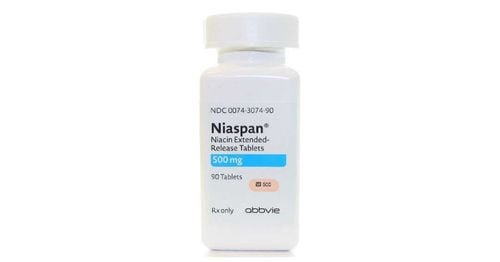This is an automatically translated article.
Coconut oil is probably not too strange for each of us, especially women. Because they are commonly used for hair and skin care. However, many sources also claim that eating coconut oil is good for health, such as improving Alzheimer's disease and the body's immune system. Is this correct?
1. Why is coconut oil so popular?
Over the past few years, there has been a flurry of mass media and articles dedicated to the benefits of coconut oil. Many research results have shown that coconut oil became popular because it is considered a "miracle" cosmetic that helps to nourish hair and skin (external benefits). Moreover, we are also recommended to eat coconut oil regularly for many health reasons (benefits from within).
Many food bloggers have encouraged us to use coconut oil in cooking, baking or applying to the food industry. And many manufacturers already use coconut oil as a primary source of fat to add to their products. Some researchers even say that coconut oil can help you lose weight, improve immune system health and enhance memory. It's even been hailed as an effective treatment for conditions like Alzheimer's disease.

Dầu dừa giúp cải thiện sức khỏe hệ miễn dịch và tăng cường trí nhớ
2. Can coconut oil help you lose weight?
The fats found in coconut oil are medium chain, and many people believe that these fats can help you lose weight effectively. Some evidence suggests that consuming this source of fat instead of other fats on a calorie-restricted diet can help you lose a small amount of weight.
However, in reality, the amount of medium-chain fat in coconut oil is actually very small. In general, fats and oils both provide the same number of calories, namely 9kcal/g. This means that consuming too much fat can make you gain weight.
3. Is coconut oil the best oil to use?
Coconut oil is rich in saturated fats. The World Health Organization concludes that a high consumption of saturated fat is closely related to high cholesterol in the blood and a higher risk of heart disease. Therefore, health care professionals recommend reducing the use of saturated fats in your daily diet and replacing them with unsaturated fats.
Unsaturated fats can help you lower high cholesterol levels in the blood, thereby significantly reducing the risk of heart disease and stroke. You can get unsaturated fats from foods like avocados, nuts, seeds, and oily fish, as well as in oils like canola and olive oil.
Today, it is also increasingly recognized that the focus should be on overall healthy eating patterns rather than on individual foods or nutrients. You may also have heard that coconut oil, especially the ultra-virgin variety, contains small amounts of plant compounds called polyphenols, which can offer many benefits to our health.
However, these compounds are not only found in coconut oil, but they are also found in greater amounts in many other foods, such as vegetables, fruits, and whole grains. Even these foods provide you with more vitamins, minerals and fiber, and on the other hand have less saturated fat and calories than coconut oil.

Dầu dừa giúp cải thiện tình trạng chống não hóa
4. Is coconut oil good for Alzheimer's and the immune system?
Currently, there is no scientific evidence that coconut oil enhances brain function. We all know that a healthy diet is very important for brain health. Good brain food sources include oily fish, whole grains, fruits and vegetables.
The use of coconut oil is good for Alzheimer's is actually based on an anecdote from the individual, when they noticed that there was some improvement after taking coconut oil. Anecdotal evidence is not, however, scientific evidence, and there is often a large amount of placebo effect (where the condition improves simply because someone expects that the method they are taking) to treat the disease will be useful).
Before making treatment decisions, it is important to have scientific evidence that there is a treatment that is both safe and effective. In this case, the use of coconut oil to improve Alzheimer's disease is not confirmed and specific. Also, there is no exact scientific evidence that using coconut oil can help boost your immune system. Many people believe this because of the fact that one of the fats found in coconut oil is also present in breast milk.
5. Is coconut oil a healthy choice?
Overall, although coconut oil can give you beautiful skin, there is no scientific evidence strong enough to prove the health benefits that come from eating coconut oil.
If you like the taste of coconut oil, you can add them to your dishes but only in small amounts and should not be used too often. Just 2 tablespoons of coconut oil can contain more than the recommended intake (about 20g of saturated fat) for a healthy and balanced diet each day.
Please dial HOTLINE for more information or register for an appointment HERE. Download MyVinmec app to make appointments faster and to manage your bookings easily.
Reference source: nutrition.org.uk












